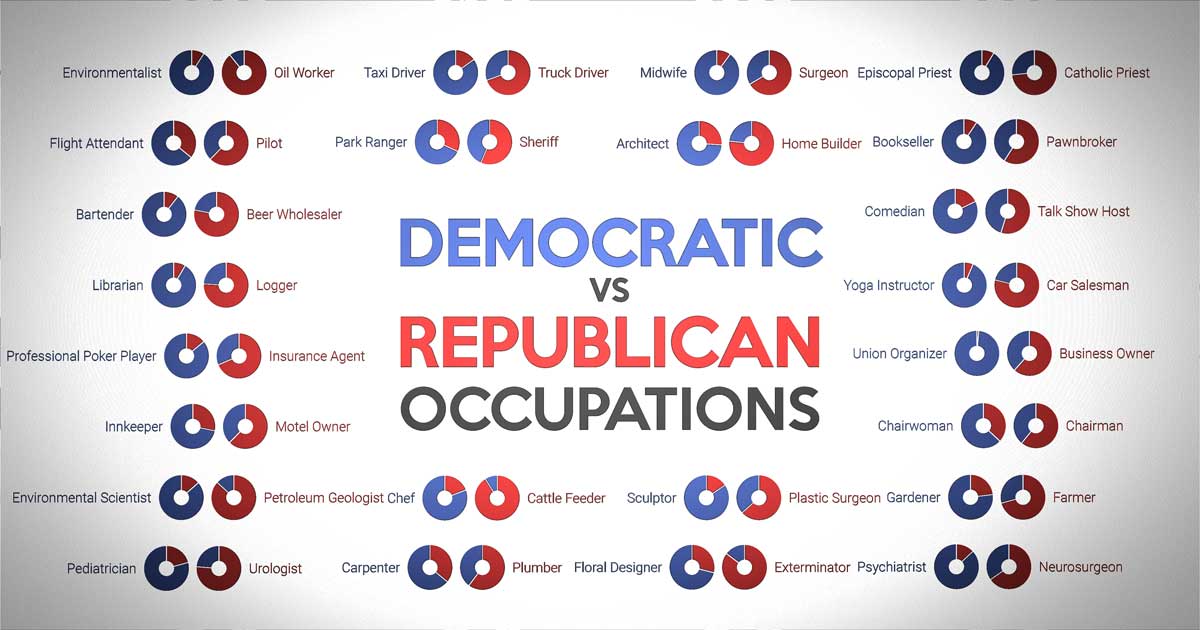- Joined
- Sep 10, 2020
- Messages
- 14,183
- Reaction score
- 28,508
- Location
- New England, United States
- Gender
- Female
- Political Leaning
- Very Liberal
I have been pondering your posting. I agree that the American educational system was, even in the past, and certainly is now aimed at conveying practical knowledge for living in this society. I think in the past there was also a sense that education was something special that was offered to the public, because much of the public could not afford to be educated. I believe that in the early 20th century the reason that higher education in the United States was more similar to the current English system was that then it was treated as a treasure. I know that both of my parents learned Latin in secondary school while preparing for college. That was a legacy of from the older system of education, as was their being steeped in English poetry. By the time I was in secondary school, the kind of exposure to some of the more traditional "English" subjects were taught mainly at independent (read college prep) schools.My sister, with a PhD in Shakespearian literature from Cornell University married an Englishman studying the US presidency at Cornell. They married, went to England with their crispy new PhDs seeking college level teaching positions; she could not get a job because the English doubted she could convey the glories of English literature properly to English students. He could not get a job because the English considered the history of the US too short to fill an entire course. Eventually he got a job at Manchester University and she taught in a private girls school. Many visits with them over the years revealed the difference in attitude about the purpose of English and American educational educational systems. The English system's goal is to convey the long and glorious history and literature of the English and it is presented as the birthright of all Englishmen. The American educational system's goal was/is to present practical knowledge for living and contributing to a life in an entrepreneurial economy where money and position are the standards of success not knowledge of one's history and literature. The English treat education as something special offered to the public. American's treat education as essential to making a living. One is treated as a great privilege and a birthright; the other as a prerequisite to earning a living. The difference in focus and attitude is striking.



